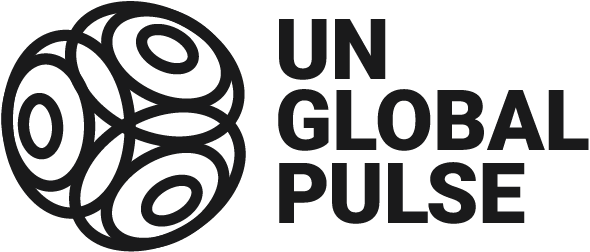Discover UN Global Pulse’s Annual Report to learn more about our projects and impact in 2023.
In the 21st century, the United Nations must be effective as never before. This is why it is transforming itself into an upgraded UN 2.0. In 2023, Global Pulse greatly expanded the support it gives to the UN family to innovate and find solutions to the problems of our time.
Spread across four continents, our teams of data and social scientists work in five areas known as the “Quintet of Change” – data, strategic foresight, digital, behavioural science and innovation. In 2023, we started rearranging our work into regional hubs and opened a global centre for new capabilities to make us a stronger catalyst for change.
Asia Pacific became our first regional hub when Pulse Lab Jakarta, set up back in 2012 and initially experimenting with big data, branched out to take in other Asian countries with which it had increasingly been cooperating – a natural evolution for all involved.
In the Philippines, an innovation from our multi-partner initiative DISHA (Data Insights for Social and Humanitarian Action) was applied for the first time in the real world when we created a Socio-Economic Mapping tool (SEM) to help aid agencies target assistance after natural disasters such as cyclones.
While individual projects like SEM can make a huge difference, Global Pulse is increasingly looking at ways in which it can help the UN system as a whole to operate more seamlessly in order to achieve its Sustainable Development Goals for humankind.
Inherent to innovation is collaboration and in many instances, the work of our specialist teams overlapped. In Uganda, Global Pulse has been working with the government and partners to draft a National Data Strategy for the socio-economic development of the country. While data was crucial to this work, strategic foresight also came into it, as our teams considered various development scenarios.
2023 was a good year for our strategic foresight team, who wrapped up two years of experimental work and looked ahead to a new role, helping UN Resident Coordinator and UN Development Coordination Offices in a number of selected countries to use foresight methods in their planning.
These methods are various and include games to help participants imagine future outcomes. We didn’t foresee it but it was gratifying that our foresight team won an IF award from the Association of Professional Futurists for the most significant futures work with our FutureCast game.
Projects that prove promising need to be scaled up for wider or mainstream use but we know that is far from easy. In 2023, several years of research on scaling innovation came to fruition when we published “Scaling the Summit”, a guide on how to get round obstacles and help bright ideas to be realised.
In addition, under the auspices of the United Nations Innovation Network (UNIN), we set up a scaling community, where innovators can exchange experience and ideas on how to take their projects to the next stage – and to new heights.
Empowered by the Secretary-General’s UN 2.0 agenda – and with a new leadership team, financing platform and greater reach – Global Pulse now stands at the forefront of the UN’s transformation drive.
To learn more about UN Global Pulse’s impact in 2023, explore our new Annual Report.



